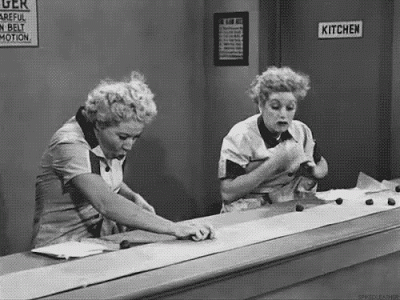This article is a guest contribution by James Pressler, Northern Trust.
Currency intervention is a funny thing, particularly in Asia. Plenty of emerging economies maintain some quiet government presence in the markets with rarely a mention, while Japan's sudden defense of the yen was accepted after the initial surprise wore off. Then there is China - an overt currency market presence that gets plenty of press, mounds of criticism, yet rarely changes. With the next round of challenges to the yuan fast-approaching, might Beijing's yuan policy be due for a change?
The most recent shift in China's forex policy came in mid-June, not surprisingly just days before policymakers headed to an international summit where the yuan exchange rate threatened to dominate conversation and shame Beijing's leadership. Those 11th-hour reforms resulted in a six-cent appreciation of the yuan and dampened enthusiasm for anti-China rhetoric, but just as soon as currency talk shifted away from the yuan, the appreciation came to a halt. In August, the currency even weakened, losing four of those six hard-earned cents, and inspiring Washington to come back from its summer recess with more talk of legislative retaliation. Indeed, the yuan appreciated by twelve cents over the next month. In all likelihood this was not a coincidence.

The current policy environment in Washington, however, suggests that another 'spontaneous' appreciation of the yuan may not mollify legislators. After all, mid-term elections are approaching and US legislators (read: Democrats) are looking to score as many points as possible before the November vote. The House is currently debating legislation that would brand China as a "currency manipulator," and its passage (it currently carries strong bipartisan support) would be the first step toward retaliatory sanctions through the World Trade Organization (WTO). Even though the proposed bill would likely not pass through the Senate until at least November and not be reconciled and signed into law until the next Congress is sworn in, it would begin a possibly irreversible process that could force China into addressing some significant imbalances. And if there is one thing Beijing does not respond well to, it is being pushed around by foreign interests.
Within China, policymakers are already fretting about a real estate bubble that is growing more menacing by the day, confidence figures that are less than assuring, and an export industry ill-prepared to face the challenge of a stronger currency. The last thing it wants to endure is punitive tariffs by the US (with the blessing of the WTO) issued against any industry seen as adversely affected by the artificially low exchange rate. Beijing's arguments against the "currency manipulator" label are fairly simple. First, it insists that the US is using such legislation to remedy a trade imbalance of its own making, and China should not be punished for the excesses of the US. Second, Beijing notes that a 20% appreciation of the yuan (the consensus estimate of the yuan's undervaluation) would trigger a wave of bankruptcies and massive job losses. And then it points to the last few rounds of reforms, insisting it has already addressed the issue.
Through this approach, Beijing is showing its friendlier side, allowing the yuan to appreciate and making plenty of statements through the state media about how further undefined reforms are being implemented. It is likely to keep this up even if the US House passes the bill on to the Senate, waiting for mid-term elections to play out and see what kind of Washington it will face. A victory by those more willing to pursue the "currency manipulator" brand could likely result in a change of tone in Beijing, with public statements shifting toward the downsides of a trade war, possible retaliation and a less-receptive environment for US companies looking to invest in China. It is unlikely that the Chinese government will launch a pre-emptive strike to a possible trade war, but it will make very clear that any actions taken - regardless of the WTO's blessing - will come at a hefty price.











